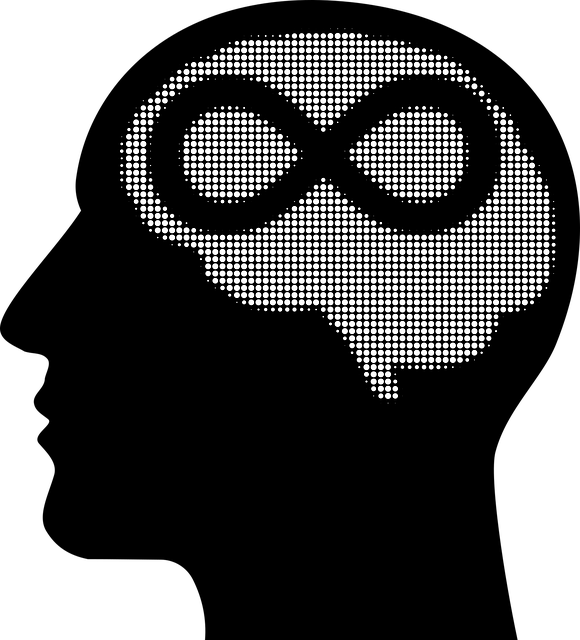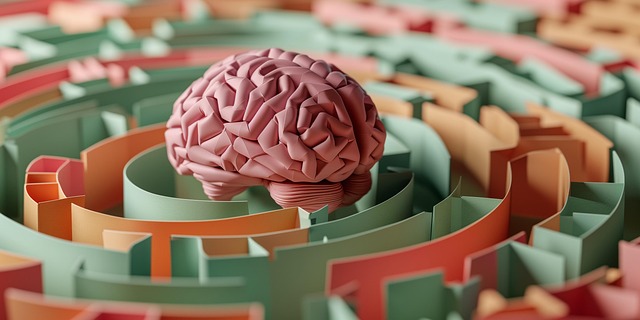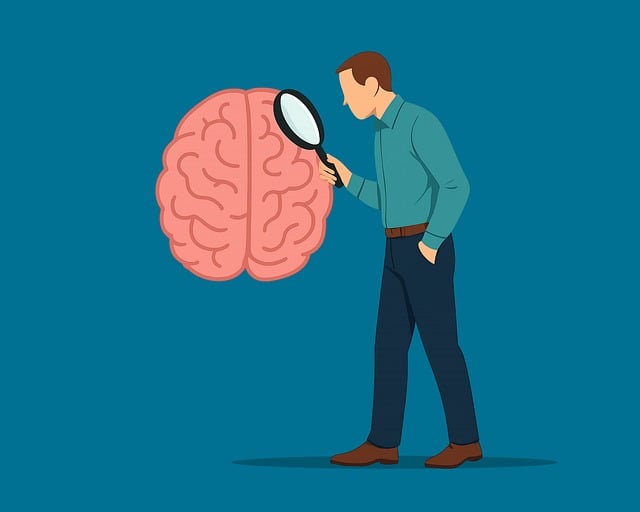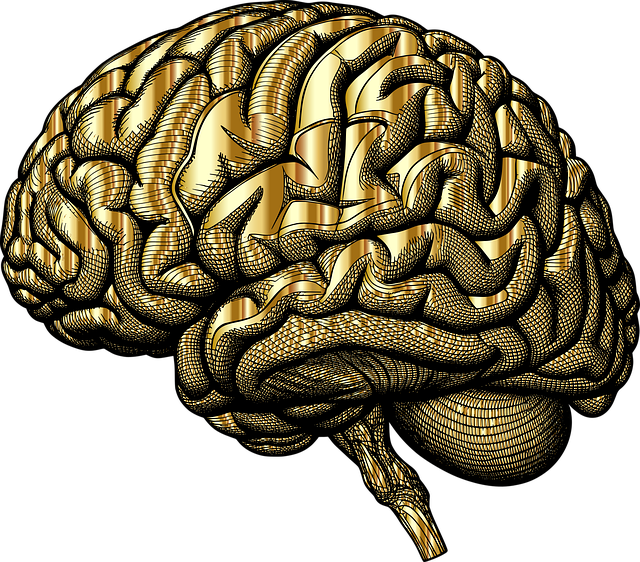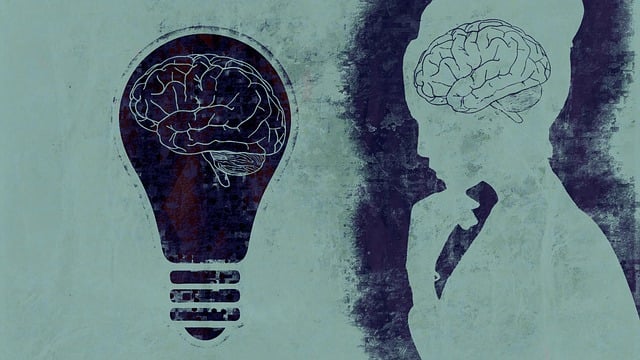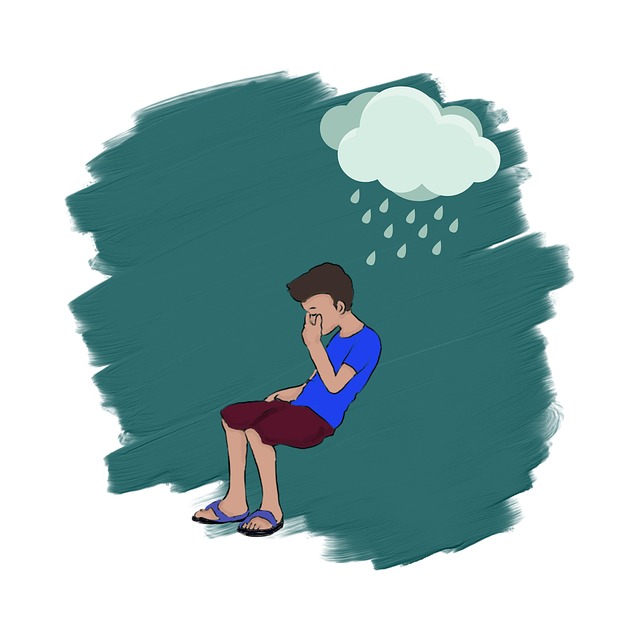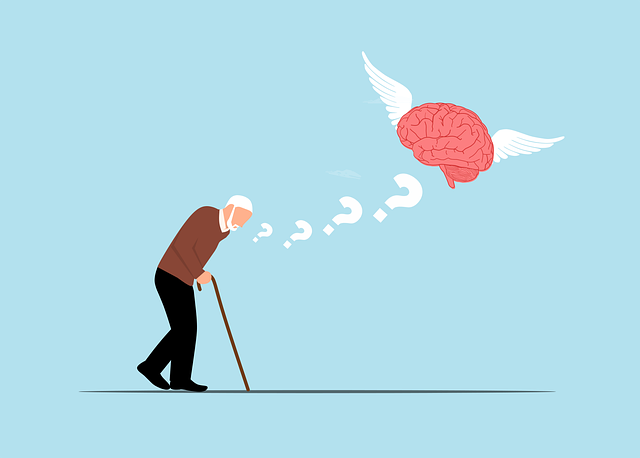Mental illness stigma, particularly around Oppositional Defiance Disorder (ODD), creates significant barriers for individuals seeking help. This prejudice leads to discrimination and isolation, discouraging access to necessary therapy like Wheat Ridge ODD Therapy. Consequences include lowered self-esteem and internalized shame, making it harder to initiate treatment. To combat this, society must promote open dialogue, mental health education, and self-esteem, reducing stigma and ensuring support for those facing mental challenges. Wheat Ridge Oppositional Defiance Disorder Therapy provides a safe, evidence-based environment, teaching conflict resolution, stress management, and emotional healing through holistic approaches. Educational initiatives like workshops and awareness campaigns debunk myths about ODD, emphasizing its treatability and the importance of early intervention. Policy changes and advocacy, including integrating mental health education in schools, are crucial for normalizing mental healthcare access for individuals with ODD.
Mental illness stigma remains a significant barrier to recovery, hindering individuals from seeking help. This article explores four-pronged approach to reduce mental health stigma. We delve into the profound impact of societal perceptions on those affected, highlighting the potential of innovative treatments like Wheat Ridge Oppositional Defiance Disorder Therapy. Additionally, we examine educational initiatives fostering community engagement and policy changes advocating for a more supportive society.
- Understanding Mental Illness Stigma and Its Impact
- Wheat Ridge Oppositional Defiance Disorder Therapy: A Approach to Reduce Stigma
- Educational Initiatives for Community Engagement
- Policy Changes and Advocacy: A Pathway to a More Supportive Society
Understanding Mental Illness Stigma and Its Impact

Mental illness stigma is a pervasive issue that can significantly impact individuals’ lives and their ability to seek help. It often manifests as negative attitudes, stereotypes, or beliefs about people with mental health conditions, such as Oppositional Defiance Disorder (ODD). This societal prejudice can lead to discrimination, isolation, and even prevent people from accessing the support and treatment they need. Stigma creates a barrier to entry for individuals seeking therapy, like Wheat Ridge ODD Therapy, as it may discourage them from opening up about their struggles or admitting they require professional assistance.
The consequences of stigma are far-reaching. It can affect an individual’s self-perception, leading to low self-esteem and a sense of shame. This internalized stigma might make people avoidant of seeking therapy, even when it could be a game-changer in managing their mental health. Mental wellness is best fostered through open dialogue, education, and programs designed to dispel these harmful myths. By promoting mental health education and improving self-esteem, society can work towards reducing the impact of stigma, ensuring that those facing mental health challenges receive the understanding, acceptance, and support they deserve.
Wheat Ridge Oppositional Defiance Disorder Therapy: A Approach to Reduce Stigma

Wheat Ridge Oppositional Defiance Disorder (ODD) Therapy is a pioneering approach designed to combat the pervasive stigma surrounding mental health issues, with a specific focus on ODD. This therapeutic method recognizes that stigma often stems from a lack of understanding and misperceptions about mental disorders. By employing evidence-based techniques, therapists facilitate a safe space for individuals struggling with ODD to explore and challenge these negative beliefs. Through personalized treatment plans, clients learn effective conflict resolution strategies, fostering healthier interactions and reducing behaviors often associated with ODD.
The program integrates various components, including Stress Management Workshops and Emotional Healing Processes, to empower individuals with coping mechanisms. These workshops teach valuable skills for managing stress and anxiety, commonly linked to ODD. By participating in these activities, clients gain insights into their emotional responses, leading to improved self-awareness and better decision-making. This holistic approach not only targets the symptoms of ODD but also promotes overall well-being, aiming to break down societal barriers and encourage open conversations about mental health.
Educational Initiatives for Community Engagement

Educational initiatives play a pivotal role in reducing the stigma surrounding mental illness, particularly conditions like Oppositional Defiance Disorder (ODD). By engaging communities through workshops, seminars, and awareness campaigns, we can foster understanding and empathy. These efforts often focus on debunking myths about ODD, emphasizing that it’s not merely defiance but a complex condition with underlying causes that can be addressed through appropriate therapy, such as the effective Wheat Ridge Oppositional Defiance Disorder Therapy models.
Community engagement strategies also highlight the importance of early intervention and support systems in managing mental health challenges. They promote stress reduction methods, inner strength development, and burnout prevention techniques that can empower individuals to take charge of their well-being. Through these educational initiatives, communities can be equipped to recognize symptoms, offer support, and create an environment where everyone feels comfortable seeking help without fear of judgment or discrimination.
Policy Changes and Advocacy: A Pathway to a More Supportive Society

Policy changes and advocacy play a pivotal role in reducing the stigma surrounding mental illness. By implementing supportive legislation and guidelines, such as those promoting early intervention and accessible Wheat Ridge Oppositional Defiance Disorder (ODD) therapy, societies can foster understanding and compassion. Advocacy groups and community outreach programs dedicated to mental health awareness play a crucial role in reshaping public perception. They organize educational campaigns, share Empathy Building Strategies, and provide Crisis Intervention Guidance, ensuring that individuals with ODD or other mental health challenges receive the support they need without facing societal judgment.
These efforts extend beyond individual therapy sessions; they aim to create a network of support at the community level. By integrating mental health education into school curricula, training professionals in crisis management, and encouraging open conversations about mental illness, society can break down barriers and promote inclusive environments. Such proactive measures are essential steps towards normalizing mental healthcare, ensuring that individuals with ODD receive the care they deserve in a non-stigmatized setting.
Mental illness stigma reduction is a multifaceted effort that requires both individual and societal changes. By implementing educational initiatives, policy reforms, and innovative therapies like Wheat Ridge Oppositional Defiance Disorder Therapy, we can create a more supportive and understanding society. It’s through these collective actions that we can break down barriers, foster empathy, and ensure everyone receives the care they need without fear of judgment or discrimination.

